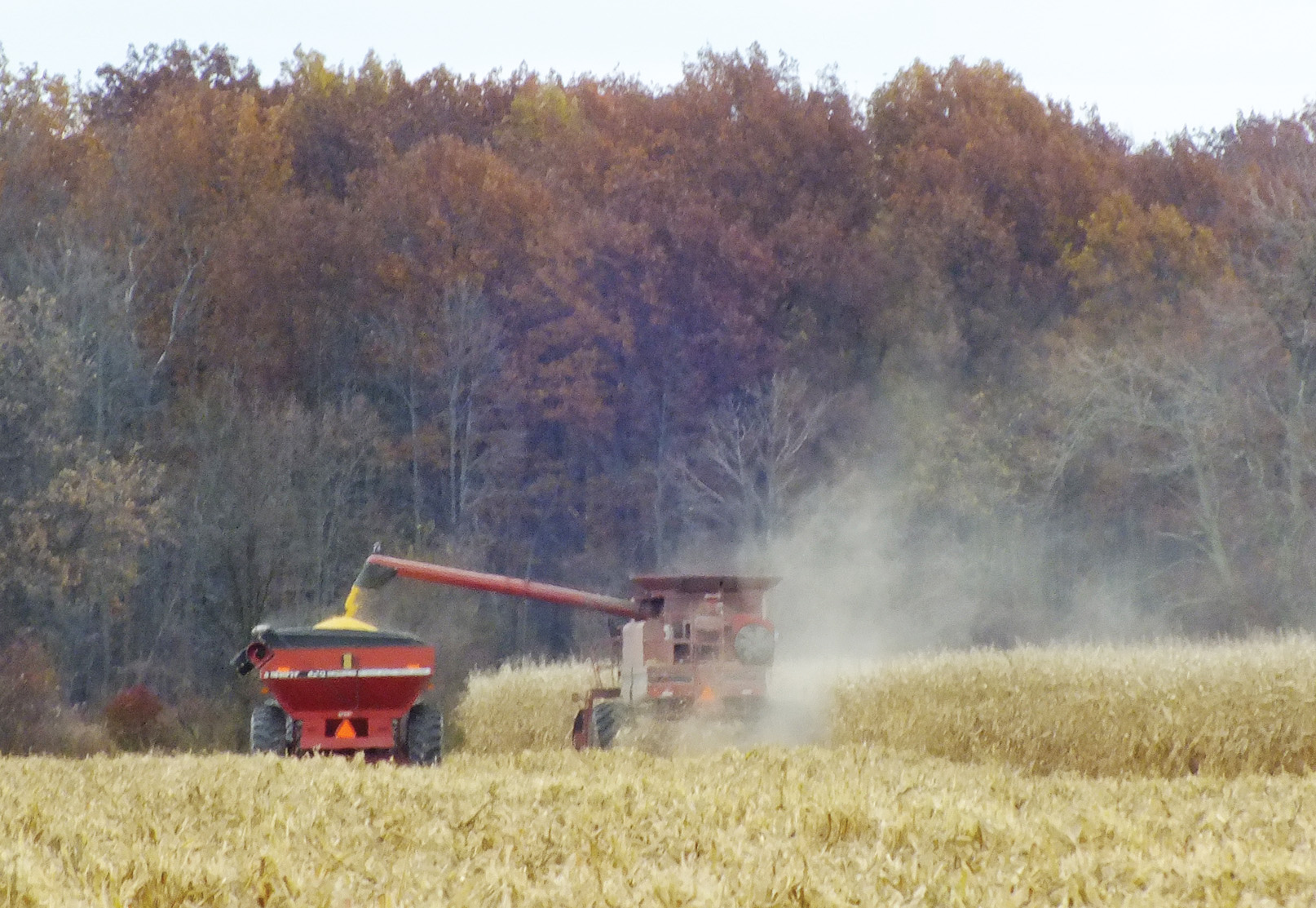Sarnia drug investigation leads to arrest in Petrolia

Making green from golden cornstalks
December 12, 2013
Seed farmers may soon have a way to gain extra revenue from their crop.
Don McCabe, an Inwood farmer who is the vice president of the Ontario Federation of Agriculture, says a new study by the University of Guelph shows corn stocks could be the next feedstock for biochemical companies. But he says farmers will have to ban together to create the market.
McCabe says the idea of using the corn stocks to create the sugar needed in many biochemical processes isn’t unique. DuPont-Pioneer is planning a plant using corn stocks in Iowa. But he says he and officials from Agris Coop and Lanxess met together in Brigden over a year ago and asked the question “is this a good enough idea to chase?”
They decided it was and the University of Guelph came on board to figure out how it could work.
Over the past 50 years the amount of corn grown per acre has increased dramatically, from about 100 bushels per acre on a good year to a fairly consistent 250 bushels on some farms in Kent and Lambton Counties. That means a lot more corn stocks.
McCabe says those stocks are needed to replenish the nutrients in the ground but because there are so many more now than ten years ago, farmers are struggling to remove some from the soil. “What were counting on here and what the research has shown, we’re not going to hurt our soil by removing the materials,” says McCabe.
And he says it makes sense to make use of it. “From farm gate side, doesn’t mater what were talking about…we don’t have waste, we only have underutilized opportunity…we need to marry technology to get it to the next stages of use.”
McCabe says industry is interested in using the sugar produced from the stalks and he says there are several companies, including one from Denmark, ready to build plants which might be attracted to the area.
McCabe estimates farmers could get about $110 per tonne of corn stock if a plant to produce commercial sugars for use in the biochemical industry were built. But first, he says, they need to organize.
McCabe envisions a co-op of farmers working with a researcher developing the technology to bring the idea to the point where a steady supply of corn stocks could be provided to a pilot plant.
The OFA has worked on the research for the biomass project, but McCabe says its now time for farmers to step up and say if they are interested in being a part of it.
He hopes to hold an organizational meeting in the near future, but says anyone interested in the opportunity can contact him.
NEXT
Solar manufacturing jobs on the way to Sarnia-Lambton
PREVIOUS
OPP and Optimists looking to help kids at Christmas

Sarnia drug investigation leads to arrest in Petrolia
June 30, 2025
Read More

Brooke-Alvinston gets up to $1M to repair arena floor
June 30, 2025
Read More

Brooke-Alvinston assault
June 27, 2025
Read More

Inn of the Good Shepherd looking for new leader as Vanni announces coming retirement
June 27, 2025
Read More
